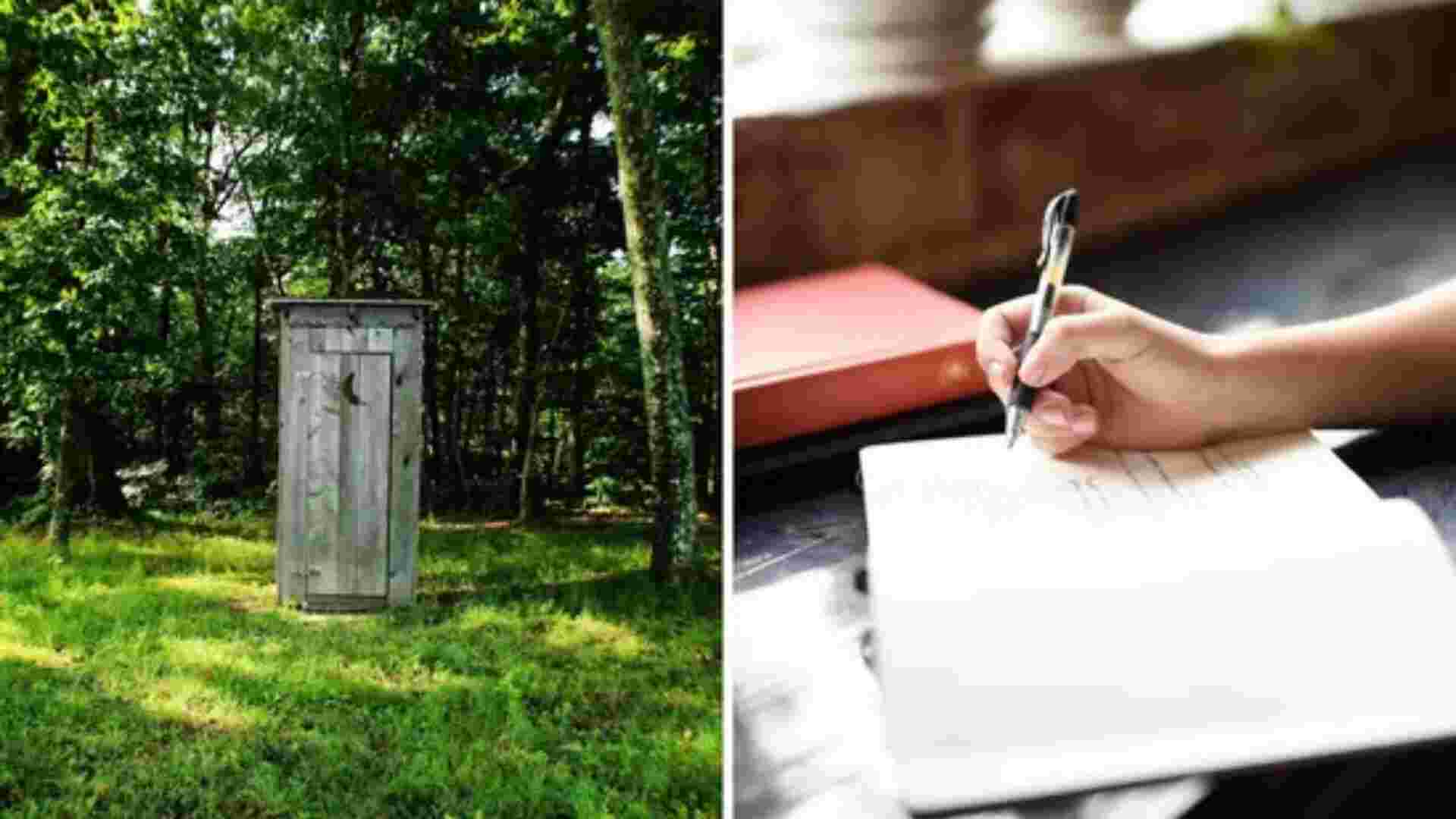A boarding school in China faced significant criticism after a student’s punishment for using the toilet at night was revealed. The student went to the washroom at 11:00 PM, 15 minutes past curfew, and was caught and reprimanded. Many have compared this incident to a “prison” environment, igniting public outrage.
According to Beijing News, an anonymous teacher reported that students are prohibited from moving around the dormitory after 10:45 PM, and there are strict rules regarding toilet usage. Students must ask dormitory administrators for permission to use the restroom after curfew.
The Punishment
As reported by the South China Morning Post (SCMP), the boy was required to write a “deep self-reflection” letter and distribute 1,000 copies among his classmates. Additionally, marks were deducted from his class’s monthly discipline score.
In his letter, the student stated, “I have seriously breached the school rules, and going to the toilet in the evening not only disturbed other students’ sleep but also brought shame to my class.” He also expressed regret to his teachers and fellow students, vowing not to “repeat this behaviour in the future.”
Social Media Reaction
On Chinese social media platform Douyin, one user questioned, “I don’t understand why going to the toilet after 11 PM breaks the school’s rules. Who can control when they need to go?” Another commenter remarked, “This school resembles a prison with such strict regulations.”
Action Against the School
In response to the backlash, the Education Department of Huairen, where the school is situated, instructed the institution to reflect on its mistakes. They stated, “We instructed the school to learn from this incident and reflect on its errors. We told them to revise their discipline policies.” The education authority also mandated the school to compensate the student with 100 yuan (approximately US$14) for the printing costs of his “deep-reflection” letter.
Officials have reportedly directed all schools in the area to implement “reasonable and humane” discipline policies.







